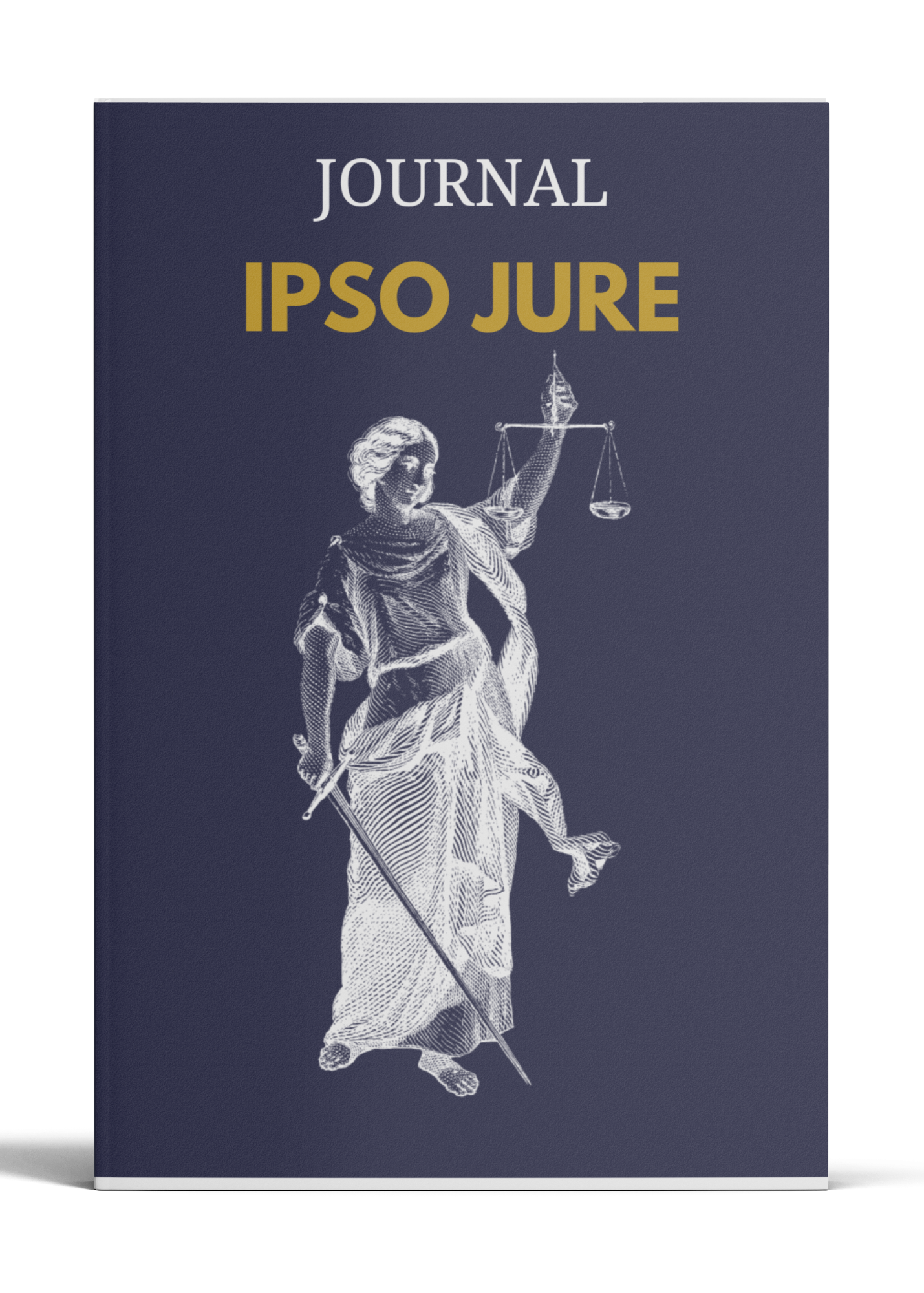Rampant Land Dispute Cases
DOI:
https://doi.org/10.62872/7vvr1814Keywords:
Land disputes, Basic Agrarian Law, Housing Developers, National Land Agency, Mortgage RightsAbstract
This research examines the problem of land disputes in Indonesia caused by the illegal practices of the land mafia and poor land management by housing developers. Based on the Seven Principles of Agrarian Law, land should be used to benefit the community. However, facts on the ground show that much land is controlled unilaterally by the land mafia. They used various methods, including making fake letters and cultivating empty land to sell at high prices. This has led to many ownership disputes and legal problems for legitimate landowners and defrauded buyers. To avoid this problem, the public is advised to process the legality of their land certificates through the National Land Agency (BPN). The legal basis supporting the importance of land certificates is contained in Article 19 and Article 23 of the Basic Agrarian Law (UUPA) no. 5 of 1960 and Law no. 4 of 1996 concerning Mortgage Rights. This research also highlights the challenge of limited land in Indonesia, which causes the high economic value of land to become an object of competition. Housing developers often face land management problems, resulting in land certificates being mortgaged at banks and losses for consumers. The importance of public awareness of checking the completeness and validity of documents before carrying out a house purchase transaction is emphasized to avoid problems in the future. Education and supervision from the government and related institutions, such as BPN, are critical in protecting consumer rights and ensuring legal certainty.
Downloads
References
Amy Earhart and Andrew Jewell, The American Literature Scholar in the Digital Age (University of Michigan Press, 2010).
Annisa Nur Utami and Mella Ismelina Farma Rahayu, “The Implementation Of Government Regulation No. 86 Of 2018 On Agrarian Reform In Connection With Law No. 5 Of 1960 On The Basic Agrarian Law,” JHSS (Journal Of Humanities And Social Studies) 8, No. 1 (2024): 52–56.
Arild Angelsen, “Shifting Cultivation and ‘Deforestation’: A Study from Indonesia,” World Development 23, no. 10 (1995): 1713–29.
Bernard H Siegan, Land Use without Zoning (Rowman & Littlefield Publishers, 2020).
Choon-Piew Pow and Lily Kong, “Marketing the Chinese Dream Home: Gated Communities and Representations of the Good Life in (Post-) Socialist Shanghai,” Urban Geography 28, no. 2 (2007): 129–59.
Daniel Fitzpatrick, “Disputes and Pluralism in Modern Indonesian Land Law,” Yale J. Int’l L. 22 (1997): 171.
David Pearson, The New Natural House Book: Creating a Healthy, Harmonious, and Ecologically Sound Home (Simon and Schuster, 1998).
Emile van der Does de Willebois et al., The Puppet Masters: How the Corrupt Use Legal Structures to Hide Stolen Assets and What to Do about It (World Bank Publications, 2011).
Fonaha Hulu et al., “Implementation Of Full Systemic Land Registration For Certificate Of Land In The City Of Tebing Tinggi (Study at the Office of the National Land Agency of Tebing Tinggi City),” IJCS: International Journal of Community Service 1, no. 2 (2022): 78–92.
Hidayanti, Koswara, And Gunawan, “The Land Legal System In Indonesia And Land Rights According to the Basic Agrarian Law (UUPA).”
Hualou Long et al., “Accelerated Restructuring in Rural China Fueled by ‘Increasing vs. Decreasing Balance’Land-Use Policy for Dealing with Hollowed Villages,” Land Use Policy 29, no. 1 (2012): 11–22.
Irma Shintia Kumaralo and Risdalina Risdalina, “The Legal Force of the Cooperation Agreement Letter in a Cooperation Agreement Is Reviewed According to Article 1320 of the Civil Code,” Journal of Social Research 2, no. 3 (2023): 917–23.
M U H Dimyati et al., “An Analysis of Land Use/Cover Change in Indonesia,” International Journal of Remote Sensing 17, no. 5 (1996): 931–44.
Nonik Latifah, “Conversion Of Village Druwe Rights Became Proprietary Rights According To Article Ii Provisions On The Conversion Of Agrarian Laws (UUPA),” Jurnal Pembaharuan Hukum Conversion Of Village Druwe Rights Became 6, no. 3 (2019).
Peter H Verburg and Johan Bouma, “Land Use Change under Conditions of High Population Pressure: The Case of Java,” Global Environmental Change 9, no. 4 (1999): 303–12.
Richard Richard et al., “Regional Regulation of Land Registration in Indonesia Related to Government Regulation No. 24 of 1997 Concerning Land Registration,” International Journal of Civil Engineering and Technology (IJCIET) 9, no. 10 (2018): 270–80.
Rosiyati M H Thamrin et al., “Blockchain-Based Land Certificate Management in Indonesia,” ADI Journal on Recent Innovation 2, no. 2 (2021): 232–52.
S Elo, “The Qualitative Content Analysis Process,” Journal of Advanced Nursing 62, no. 1 (2008): 107–15, https://doi.org/10.1111/j.1365-2648.2007.04569.x.
Sugina Hidayanti, Indra Koswara, and Yopie Gunawan, “The Land Legal System in Indonesia and Land Rights According to the Basic Agrarian Law (UUPA),” Legal Brief 11, no. 1 (2021): 366–78.
Sungguh Ponten, “Perlindungan Hukum Terhadap Konsumen Dalam Transaksi Jual Beli Online Melalui Sosial Media,” Realism: Law Review 1, no. 3 (2023): 79–90.
Ulfia Hasanah, “Status Kepemilikan Tanah Hasil Konversi Hak Barat Berdasarkan UU No. 5 Tahun 1960 Tentang Peraturan Dasar Pokok-Pokok Agraria Dihubungkan Dengan PP No. 24 Tahun 1997 Tentang Pendaftaran Tanah,” Jurnal Ilmu Hukum 3, no. 1 (2012).
William J Poorvu and Jeffrey L Cruikshank, The Real Estate Game: The Intelligent Guide to Decisionmaking and Investment (Simon and Schuster, 1999).
Downloads
Published
Issue
Section
License
Copyright (c) 2024 Sari Dewi Nasution, Tamaulina Br. Sembiring (Author)

This work is licensed under a Creative Commons Attribution-ShareAlike 4.0 International License.












